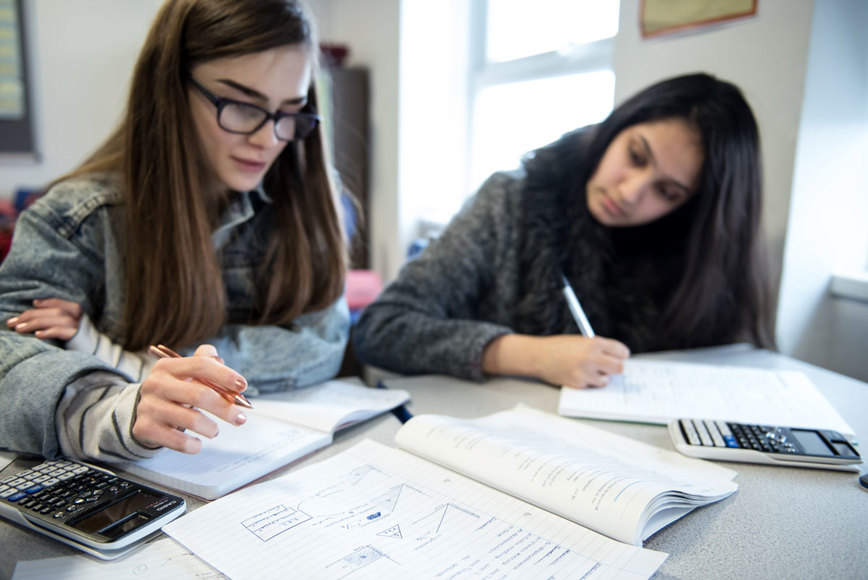The educator Dylan Wiliam notes in his book Embedded Formative Assessment that “feedback should cause thinking. It should be focused; it should relate to the learning goals that have been shared with the students; and it should be more work for the recipient than the donor.” Providing this kind of feedback experience is ideal but is not always logistically tenable because of the burden it places on teacher workload. It would be ideal if we never thought twice about providing feedback on 80 eighth-grade text analyses, but the fact is, we do think twice—and that’s OK.
As a 15-year International Baccalaureate educator whose primary method of assessment is essay writing, I’ve struggled with the trade-off between workload and feedback my entire career. Recently, I began to realize the power of peer feedback. Peer feedback empowers students to play an active role in the learning process. Indeed, there are few learning experiences that have the educational payoff that peer feedback brings to your learning community.


